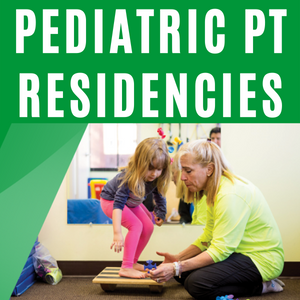Back
Concurrent session
General topic areas
Facilitating Active Learning over Rote Repetition: An Introduction to the CO-OP Approach
Friday, November 18, 2022
10:45 AM – 12:15 PM
Location: Broadway 1-3
- EI
Erin Iverson, PT, DPT, PCS
Physical Therapist II
Cincinnati Children's Hospital Medical Center
Loveland, Ohio
Lead Speaker(s)
Cognitive Orientation to daily Occupational Performance (CO-OP) is a performance-based treatment approach for patients who experience difficulties performing the skills they want to, need to, or are expected to perform. The primary goal of CO-OP is to promote patient success in their desired goal, but secondarily, CO-OP promotes generalization and transfer by encouraging strategy use. CO-OP uses collaborative goal setting, dynamic performance analysis, cognitive strategy use, guided discovery, and enabling principles to meet the patient’s goals and enable success. The global strategy of Goal-Plan-Do-Check is utilized by patients to actively problem solve and develop strategies for meeting their functional goals. CO-OP was first developed to treat children with Developmental Coordination Disorder as a cognitive intervention to address motor problems. Research now also supports the use of CO-OP for pediatric and adult patients with a variety of conditions including CP, ADHD, ASD, ABI, TBI, DD, stroke, dystonia, and more. The information obtained in this presentation is applicable to both PTs and PTAs alike.
Learning Objectives:
- identify client populations that would benefit from CO-OP
- explain the 7 key features of CO-OP
- implement the global strategy of Goal-Plan-Do Check

.png)
.png)
.png)
.png)
.png)
.jpg)
